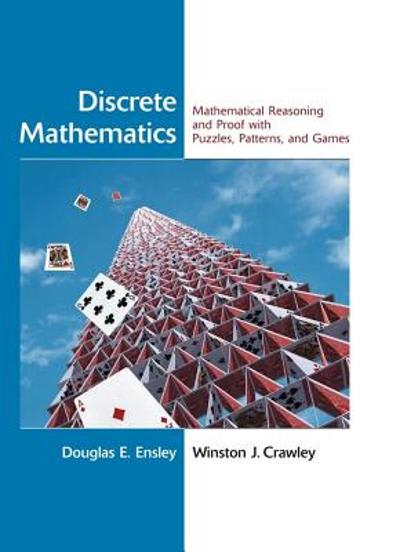



show all explanations for all questios please
4. Let {X (1).1 2 0) be a Poisson process with rate A. Let T. denote the arrival time of the nith event. (a) Find E[Tm], the expected arrival time of the mth event. (b) Find E[T..(X (1) = n), the expected arrival time of the mith event given that there have been n events by time 1, where m > n. (c) Find E[X (4) - X(2)1X(1) = ], the expected number of events between time two and time four given that there have been n events by time 1. (d) Find P [X (1) = 1|X(1) = ], the probability that there had been only one event by time | given that there have been a events by time 1. (e) Find E[TJX (1) = m), the expected arrival time of the first event given that there have been n events by time 1. [Hint: Given that there are n events by time I, there are n arrival times, one for each event; T is the minimum of these n arrival times.] [ This problem is based on Ross, Ch. 5, Prob. 42.] 5. Customers arrive at a facility according to a Poisson process with rate A. Once they arrive, they will wait until they are dispatched together at time f. Suppose that there is a waiting time cost of c per customer per unit time. Let C(f) denote the total waiting time cost by time f. (a) Let X (f) be the total number of customers to arrive by time f. Let Ti. T2. .... Ix(r) be the arrival times of each of these customers. Conditional on X(f) = n, find the expected total waiting time cost, ECOOX (!) = ]. (b) Find the (unconditional) expected total waiting time cost, EC(!)]. (c) Suppose there is a fixed dispatch cost of K, so that the total cost (waiting time cost + dispatch cost) by time t is Y() = C(t) +K. Let Z(!) = Y() C() K be the average cost per unit time. Find f to minimize E Z(f)], i.e., the optimal time to dispatch.In the first month exam for engineering statistics for rst-year students in the Department of Civil Engineering Tikrit University, the number of students examined was 210. Assuming that the probabiiity density curve of scores is subject to a normal distribution with a mean value of 61.3 R = 61.3 and a standard deviation of 14.94 = 6. Calculate the following: 1- The probability of any male or female student succeeding 2- The probability that any student's score is more than 40 degrees 3. Probability That the degree of any male or female student be less than 70 degrees 4- The number of students whose grades were less than 45 degrees 5- The number of students whose grades were between 65 and 90 degrees (20 degrees) 4. (30 points) A statistics exam has five easy questions and three hard questions. You have six friends who are in the class, five are moderately prepared and one is very prepared. Probability Easy Questions Correct Probability Hard Questions Correct 5 Moderately Prepared Friends 80% Chance 66-666% (two-thirds) 1 Very Prepared Friend 95% 80%% The probability of answering any one question correctly is completely independent of the probability of answering any other question correctly for every student. (a) What is the probability your very prepared friend gets all eight questions right? (b) What is the probability that a randomly chosen moderately prepared friend gets all eight of them correct? (c) The professor randomly chooses one exam to grade first. The exam happens to belong to one of your six friends and it happens to get all eight questions correct. What is the probability it is the exam of your one very prepared friend. (d) Let the random variable VP be the number of questions answered correctly by your very prepared friend. Find E[VP] (e) Let Mi, Ma, .... As be the scores received by your five moderately prepared friends. Let D be the difference between the average score of your five moderately prepared friends and the score of your one very prepared friend: D Ah+ M2+ Ma + M. + 1/5 - VP 5 Find the variance of D (hint: Var(VP) = .7175 and Var(M.) = 1.4667)















